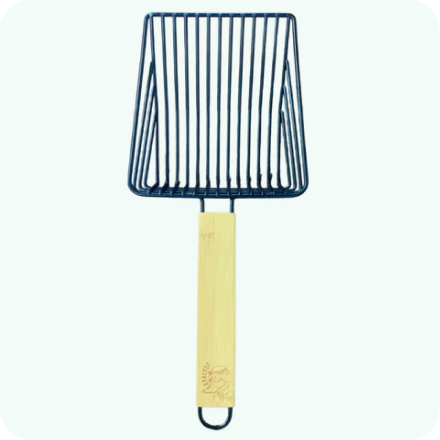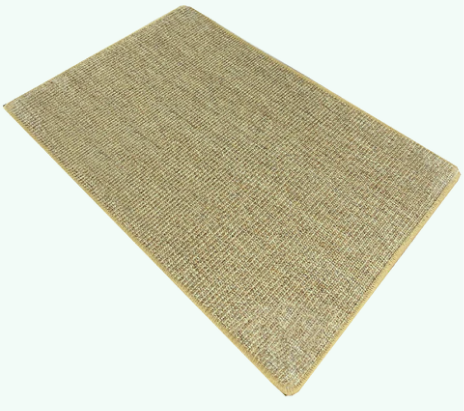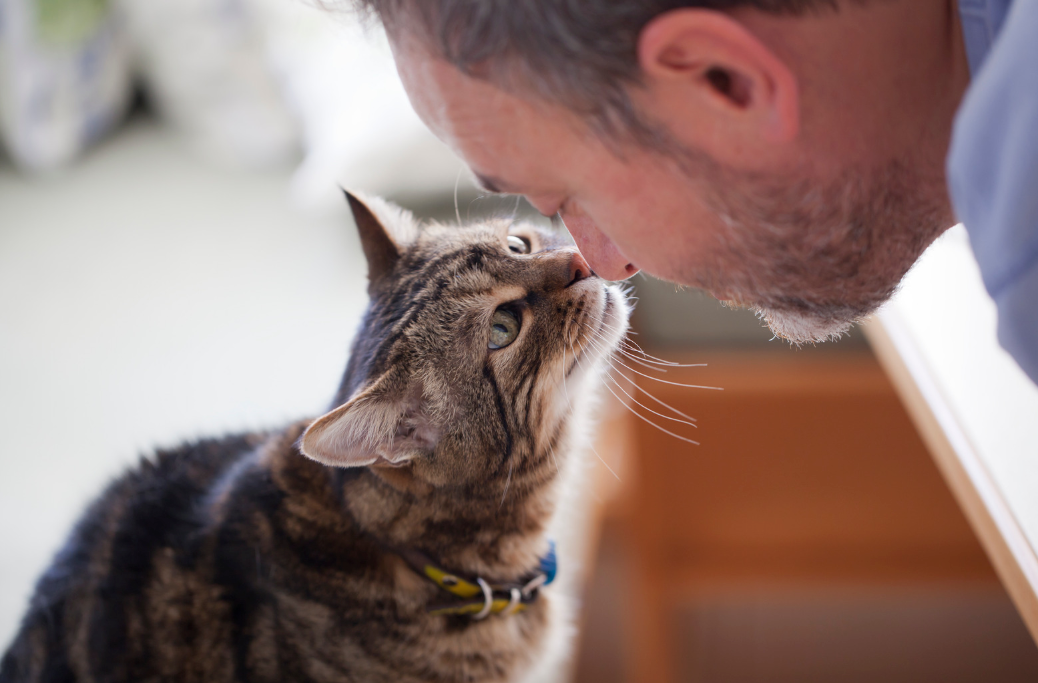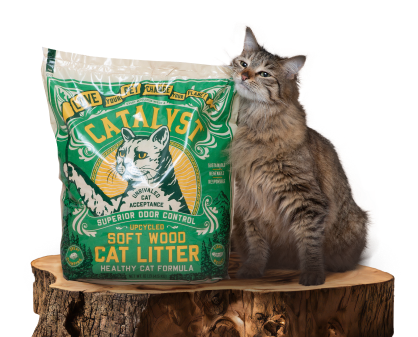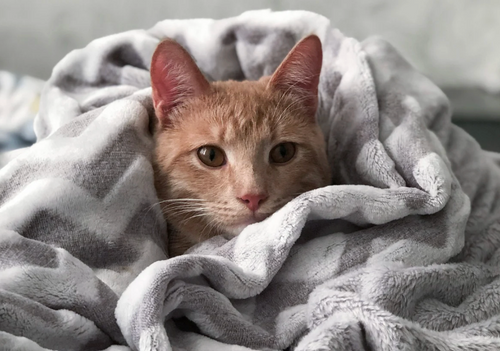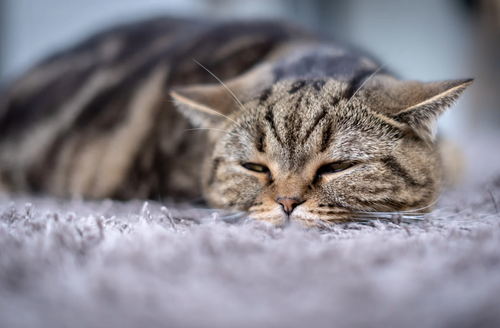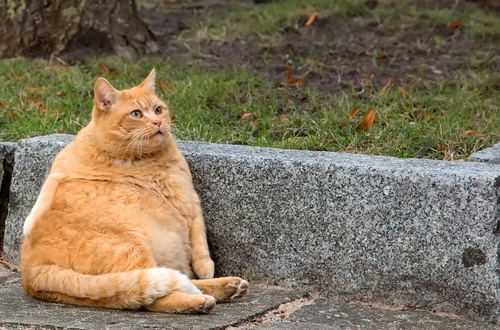Kittens may often steal the spotlight with their playful antics and big-eyed charm—but there's something deeply special about sharing your life with an older cat. Senior cats bring a quiet wisdom, comfort and companionship that's truly unmatched.
Previously, cats as young as eight were considered seniors! However, thanks to better nutrition, indoor living opportunities and improved veterinary outcomes, some cats can live into their twenties. Cats ages 12 to 14 now fall into the senior age range.
Signs that your cat is aging include less activity, decreased playfulness, increased sleep and difficulty reaching their previous favorite hiding or lounging spots. These can also be indicators of dental issues or disease, so make sure you have regular vet visits, preferably ever six months.
As your feline friend enters their golden years, their needs begin to shift—and it’s up to us to ensure those years are happy, healthy and filled with love. From mobility changes to temperature preferences, there are simple ways to adapt your home and routine to support your aging cat.
Easy access: Ensure your cat has easy access to food, water and a litter box. If you have a multi-level living space, consider placing a litter box on each level. It can be a pain to clean, yes, but elderly cats have more frequent accidents without easy access to facilities.
Temperature: Cats love to lounge in warm nooks, so make sure feline’s favorite bed or blanket is not in a chilly area subject to drafts.
Offer a helping hand: Make sure your cat’s favorite lounging area is accessible using ramps, steps or other safe assistance to reach that special location.
Help with grooming: If your once pristine furball is starting to look and smell like Pigpen from Peanuts, it’s time to step in. See a vet to rule out illness, and then help your pawsome pal with care. Make sure to gently brush your kitty, particularly long-haired felines.
Sharing is not caring: Don’t introduce a kitten into the household as a way to rejuvenate your aging cat. Experts note this can be detrimental and disruptive rather than helpful. A kitten often snags the attention of the household, leaving an elderly cat isolated and ignored.
Routine: Humans like routine, and so do our feline friends. Go with the flow for your cat, which could look like more daily human interaction or the desire to be left alone more often. Pay attention to your cat’s actions and offer support in sticking to your family’s normal routine.
Finally, continue to give your kitty the TLC she/he has come to expect as normal aging sets in. With a little extra care and attention, your aging cat can enjoy their golden years in comfort and contentment. Stay attuned to their changing needs, and never hesitate to reach out to your vet with questions or concerns.



